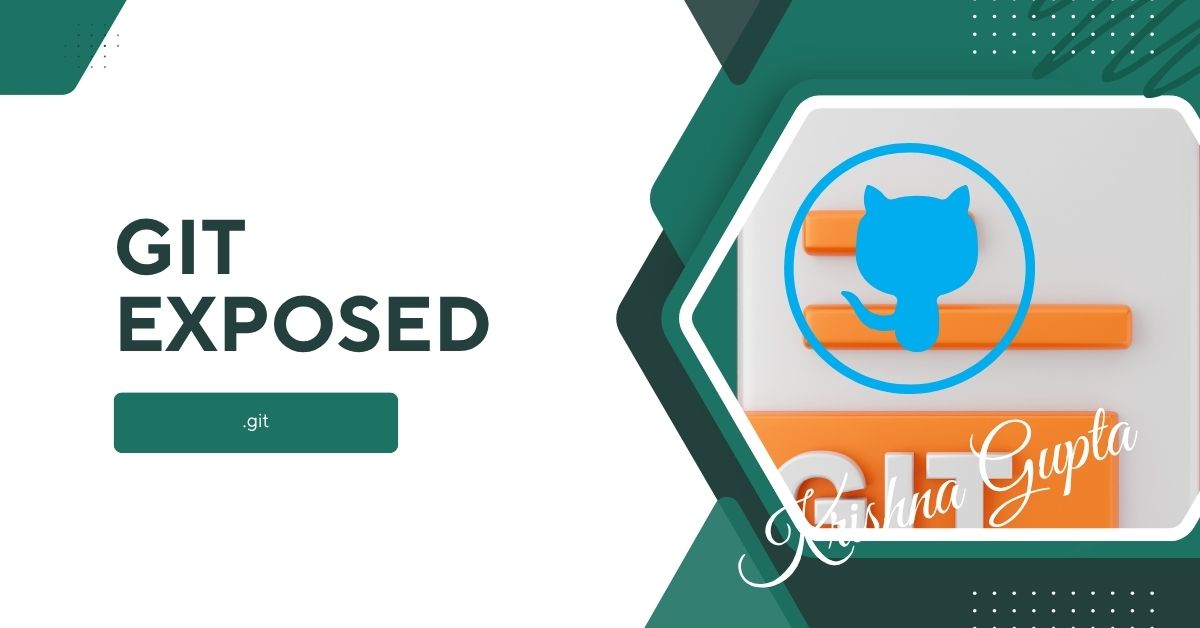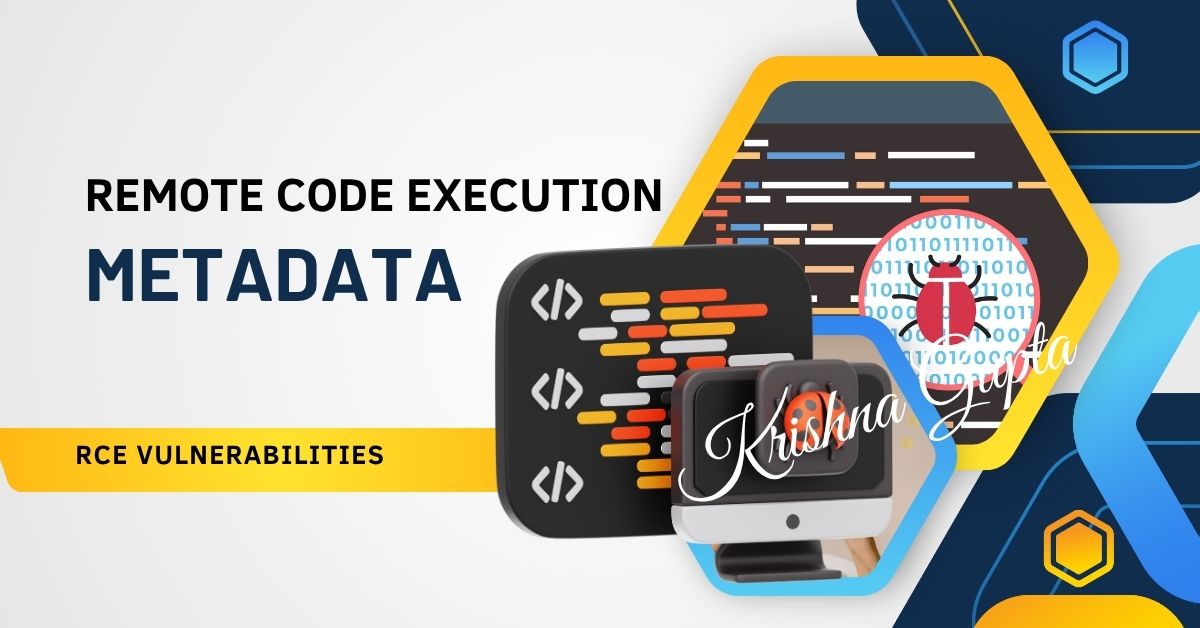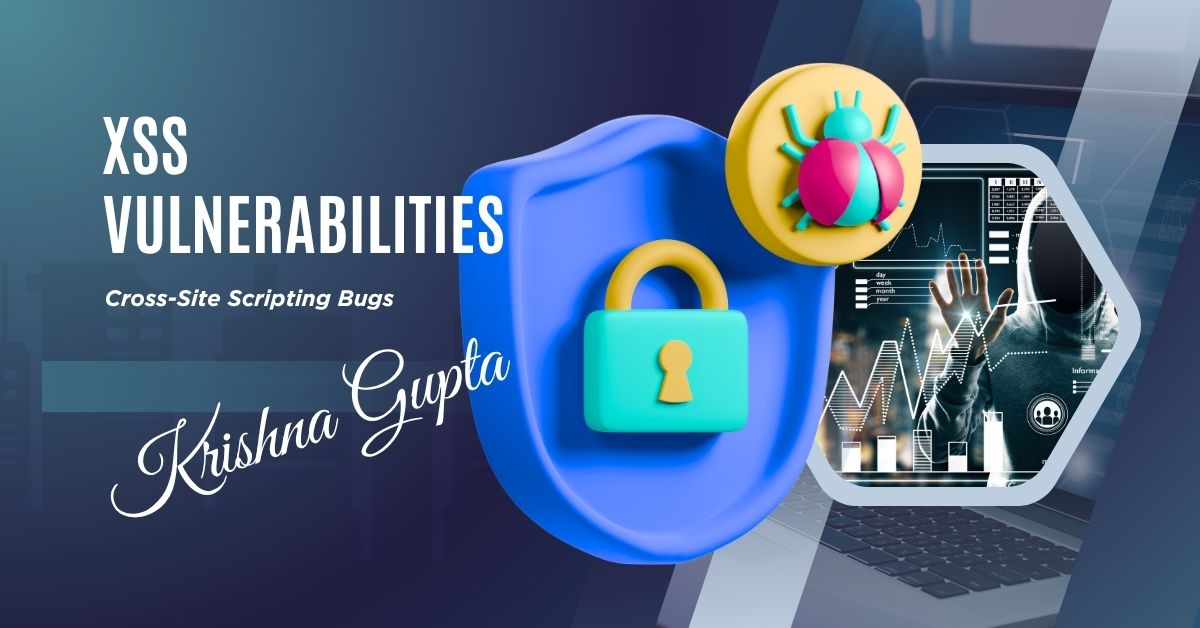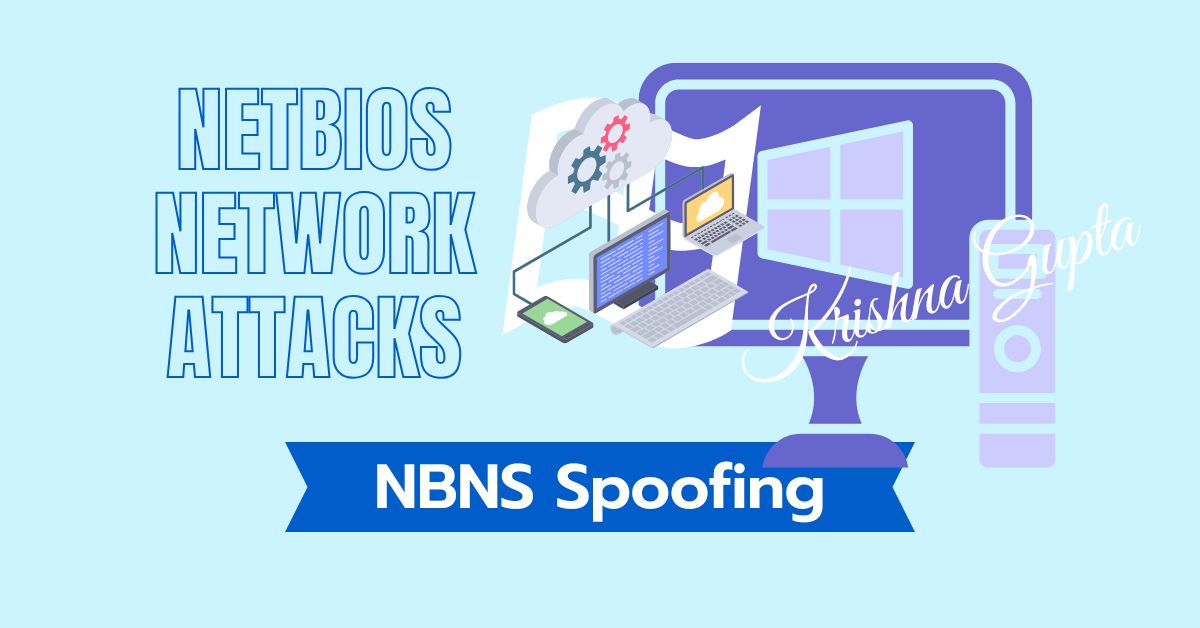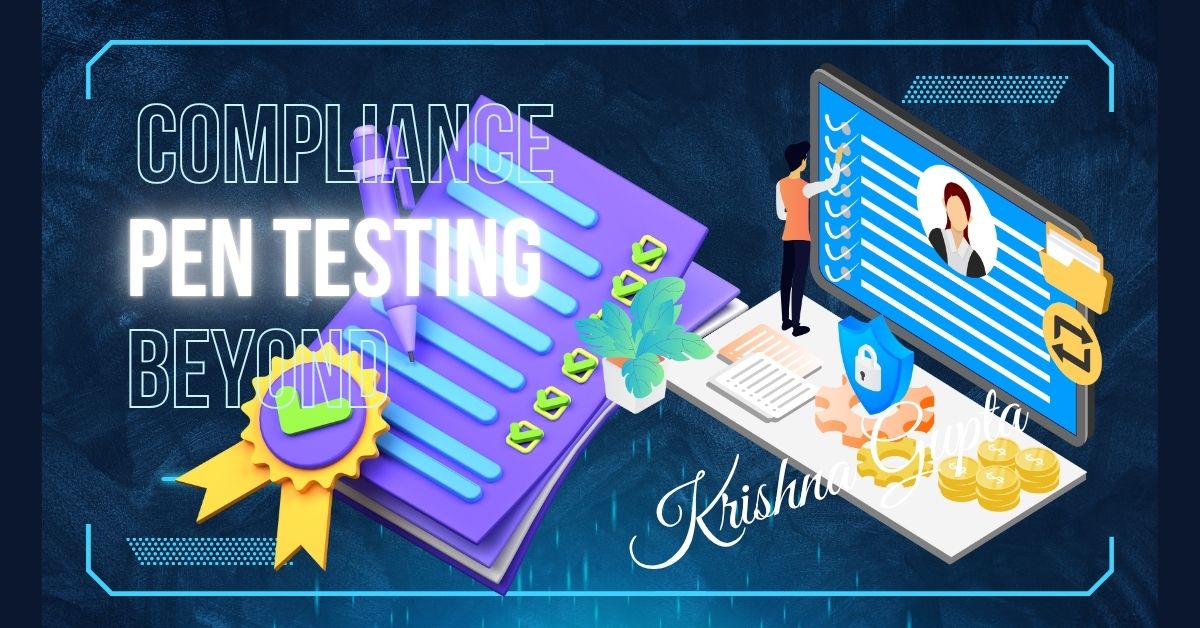From Exposed .git Repo to Full Database Access: How a Tiny Misstep Triggered a Major Security Risk
In the realm of cybersecurity, small misconfigurations often have disproportionately catastrophic consequences. One seemingly minor oversight – an unintentionally exposed .git repository – can serve as the ignition point for a full-blown data breach. In this post, we will walk through a real-world example where an exposed .git repo led to authentication bypass, blind SQL injection, and eventually full database access at a university.
This case study is designed for Penetration Testers and C-Suite Executives alike, offering critical lessons on risk mitigation, business impact, and the ROI of proactive security measures.
